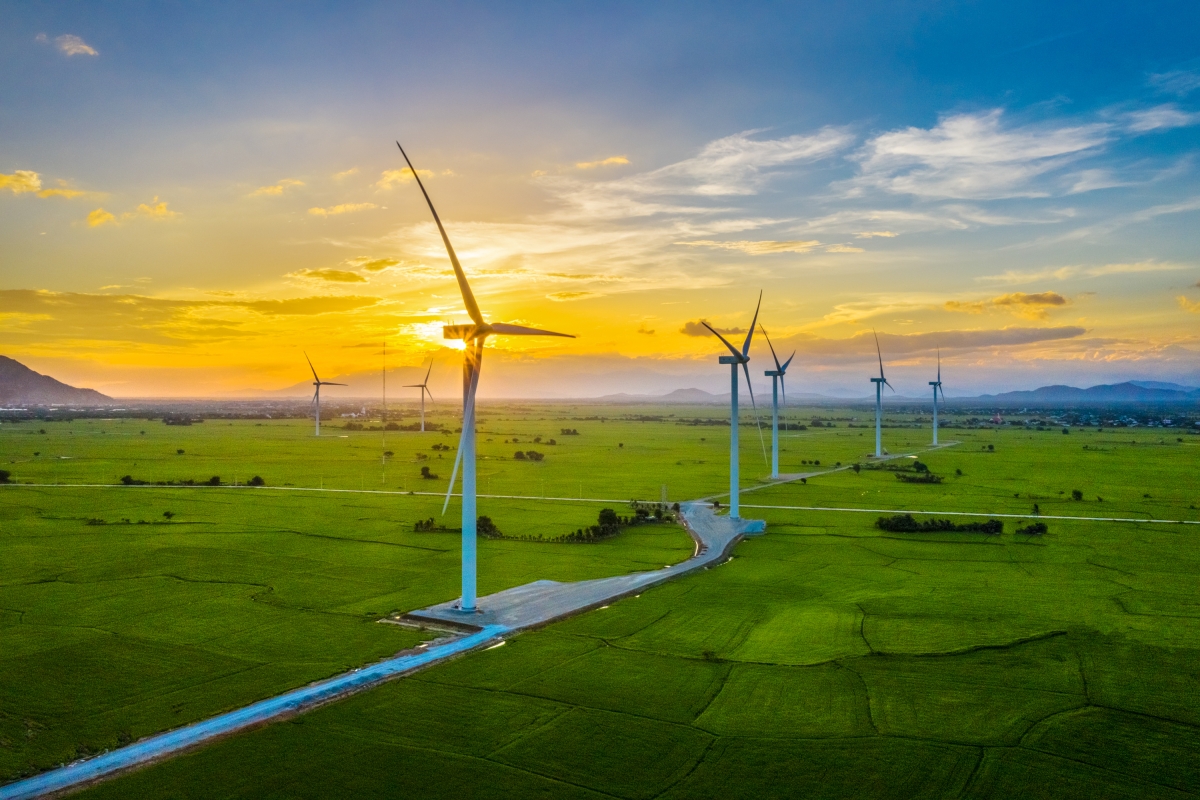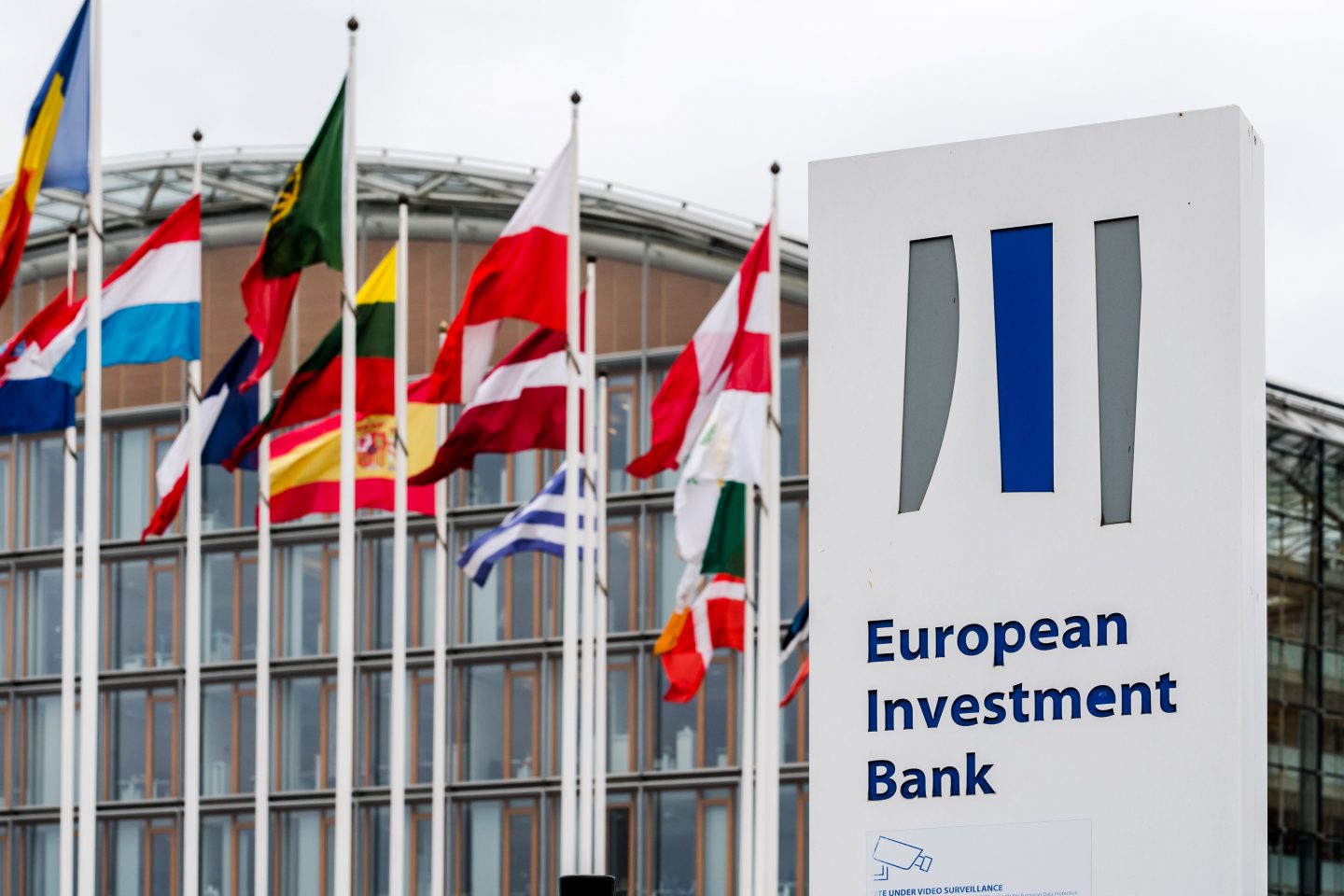According to Asia Society Policy this region Asia-Pacific is highly exposed to costly climate change related events, needs to invest $71 trillion to achieve net zero emissions by mid-century if it aims to heed the United Nations’ recent call for faster decarbonisation, according to a study.
World Economics has combined 23 principal countries to represent the Asia-Pacific region. Overall these countries accounted for 44% of Global GDP and 62% of global GDP growth in the past 10 years (2012-2022). The Asia-Pacific region is home to over 4.2 billion people with an average life expectancy of 75 years and a current median age of 32 in line with the global average of 30.
Asian countries are already stepping up with ambitious climate pledges and net zero targets. Among the region’s major emitters, a number of countries including Japan, South Korea, and Australia are already aiming to reach emissions neutrality by mid-century in line with a 1.5°C pathway. Others have adopted net zero targets though with timelines that lag behind this level of ambition — notably China, Indonesia, and India. Implementation will also require improved governance: only nine countries out of more than 50 in the UN’s Asia-Pacific Group have net zero targets that are legislated or included in official policy documents.
This level of climate commitment would boost the region’s economic output by up to 6.3 per cent above predicted levels by the 2030s, New York-based international relations think tank Asia Society Policy Institute said in a study released on Wednesday.
The clean-energy projects necessary to deliver carbon neutrality by 2050 could also create up to 36.5 million jobs by the 2030s, while reducing household energy bills by US$270 billion and improving the region’s trade balance by US$827 billion by reducing fossil-fuel.
China and Indonesia are currently targeting net zero emissions by 2060, while Thailand is aiming for 2065 and India for 2070. Most other countries in the region have committed to do so by 2050.
Asia Society Policy Institute said “The US$71 trillion price tag breaks down to US$53 trillion of spending called for under existing net-zero pledges, excluding commitments conditional upon obtaining foreign financial assistance, plus US$18 trillion to accelerate the timetable to 2050 region-wide.
Discover more from Green Innovation News
Subscribe to get the latest posts sent to your email.





